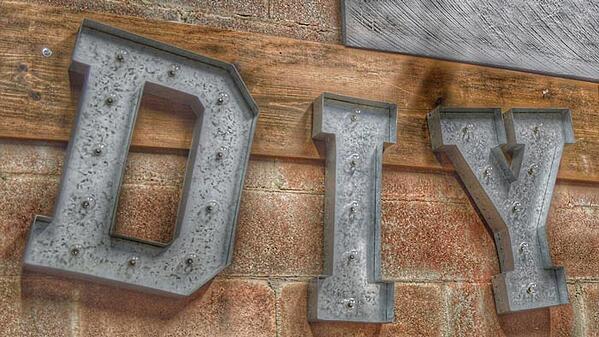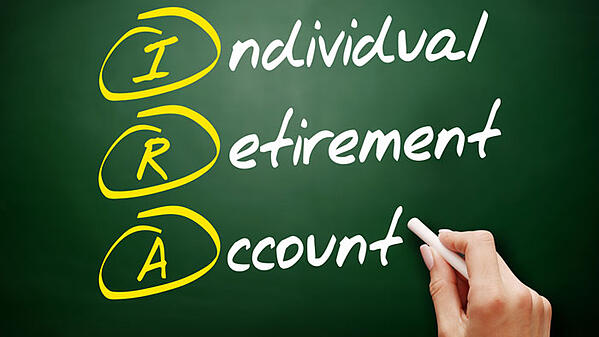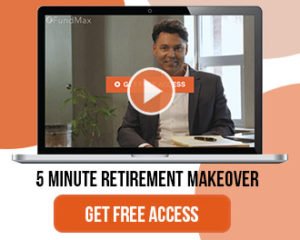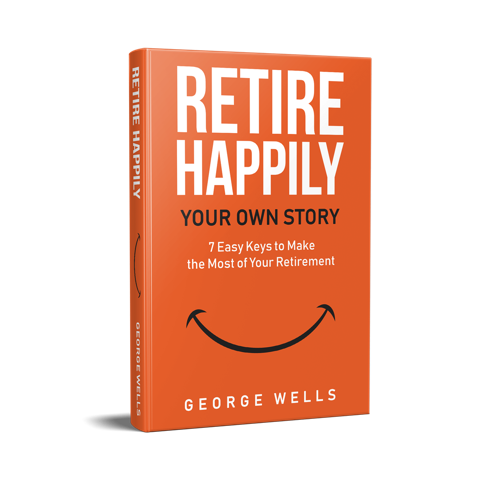Everyone needs an estate plan, and everyone has one, even if it is the default plan created by the state he or she lives. Each state has its own rules to determine what happens to someone’s stuff once they pass away. If you don’t want the state to choose what happens to your assets when you pass then, you do not stick with the Default Estate Plan. Below are more details about the different estate types and trusts. Our goal is to keep these insights simple so you can follow along.
What is the Default Estate Plan?
The default plan is what’s called intestate succession, which means a person dies without an estate plan, without any directions about how to handle his or her assets. That person doesn’t have a will or a trust, and no one knows exactly what to do, so the matter has to go to the probate process in court. If you die without an estate plan, will or trust, someone will represent you through the probate process to decide where your assets will go, who’s the next of kin who your creditors are and how much you owe them.
Do-It-Yourself Beneficiary
Sometimes people approach their estate planning with a “do-yourself” beneficiary, and if you have an investment account or an IRA or life insurance, they would ask you, who do you want your beneficiaries to be? How do you want to split them up? Your primary beneficiary, your contingent beneficiary? The contingent is if the primary beneficiary is not there and able to take your stuff where it’s going afterward.
Transfer on Death
A ‘do-it-yourselfer’ is probably familiar with this, transfer on death. Who gets your stuff after you pass away? Those two things you can do on your own. You generally don’t need any help from any type of professional, although this isn’t me telling you what to do. Again, this is not me giving you advice.
Durable Power of Attorney
The next type of estate plan is a minimal approach — a durable power of attorney. In this context, and you may ask what the word durable means. It means to continue after you are incapacitated, whether physically or neurologically, you’re not able to do things on your own. You’re either unwilling or unable. The durable power of attorney grants the authority to someone else. Someone you trust, someone you pick to manage your affairs on your behalf. With the durable power of attorney. There are two types: medical and one is financial, and they should be separate. You may want separate people to handle those. You may want them to be the same person. They don’t need to be the same.
Medical and Financial Durable Power of Attorney Done by a Professional
It is important that you have an attorney draw up your medical and financial durable powers of attorney because these are extremely powerful documents. They grant authority for someone to literally act as if they were you. The person you choose — the “agent” — will make all decisions on your behalf, so it should contain directions and safeguards regarding how to manage your property as you see fit.

Can I Just Get the Estate Planning Forms Online and Do It Myself?
Some people ask if they can I just get some power-of-attorney forms online and fill them out on their own. It is possible to do that, but we do not recommend it. You don’t want to sign some generic form and give someone complete authority over everything about you medically and financially, without an attorney taking your situation into consideration. It just doesn’t sound safe. We are not attorneys, so we recommend that you find an attorney who specializes in this area. The attorney can make it so the provisions apply to your own situation, conform with formalities in your state and make sure it’s up-to-date. Also, if you do it yourself, your bank or other financial institution might refuse to accept a document that looks risky because an attorney did not prepare it — for your protection. So you might have to go through the bank’s legal department.
How Often Should I Review My Estate Plan?
Once you have your durable financial powers of attorney set up in your estate plan and have named your beneficiaries, review that information every five years to make sure that it’s up-to-date with current laws. If anything changes in your family situation, with your health or regarding your wealth, you want to review your legal documents to be sure everything is up-to-date. Have an attorney or other expert review your forms and make any changes that are needed.
How Much Does Estate Planning Cost?
Preparing an estate plan could cost anywhere from $75 to $1,000, but generally, it costs between $350 and $650 to have an attorney draw up the medical and financial durable powers of attorney. You can estimate that it will take an attorney typically one to two hours.
Understanding Last Will and Testament
A will — your last will and testament — is an important legal document that specifies where all your stuff — your estate, assets, accounts, property — will go when you pass away. Your completed will has to go before a judge, through probate, and be reviewed by creditors, family members, friends and anyone else who thinks they should receive something from you or from your estate. That’s their opportunity to go before the judge and say, “Where’s my stuff?” It has to go through the probate process, which can take months.
What Does the Revocable Trust Do?
There are different types of trusts. Generally speaking, the trust you hear about most is the revocable trust. As mentioned earlier, this type of trust is set up to contain, manage and direct your assets, accounts and other stuff so it can be passed on to the next generation, or wherever you want it to go.
What Does the Irrevocable Trust Do?
The irrevocable trust is one that has some aspects that can never be changed. Often, there are options with an irrevocable trust, if it’s written correctly, that allow you to make significant modifications for your benefit — because it’s your stuff.

What Is an IRA Trust?
The next type of trust is the IRA trust. It provides a method for managing your IRAs so you can continue the tax deferral for your children or grandchildren. If you have any type of special needs or circumstances or a family situation you need to protect your assets from, you can use the IRA trust.
What Is a Special Needs Trust?
If you have special needs, this type of trust will enable your family member, friend or someone else to continue to get benefits he or she needs because you will put assets into the special needs trust.
What is a Medicaid Trust?
A Medicaid trust is the most typical type of trust. It can protect your assets if you go into a nursing home. It will set assets aside for your benefit and for your heirs while you attempt to qualify for aid from the government.
Estate Options Summary
Everyone has an estate plan if you choose one or not. If you choose one before it is too late then you give yourself better options and more control. The basic objective of an estate plan is to get your stuff where it belongs while you’re living and also when you pass away.
Download the Retire Happily Estate Planning Book
‘The Ultimate Guide to Estate Planning‘.
This free educational ebook explains estate planning as simple and complete a possible.





